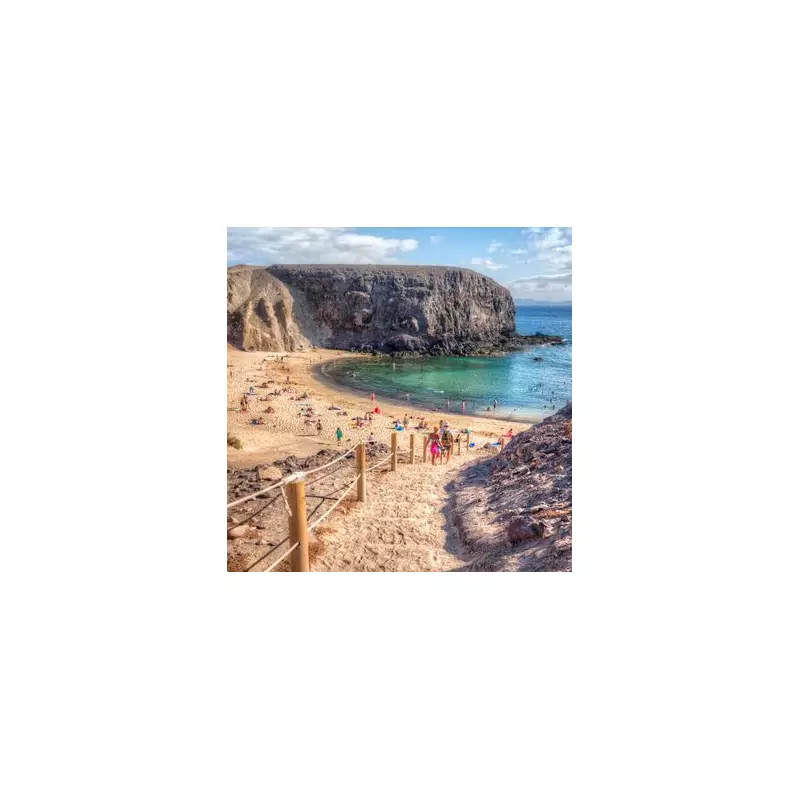
British holidaymakers are being urged to reconsider their travel plans after the popular Canary Islands were placed on an influential 'no travel' list for 2026.
Why the Canaries are saying 'enough'
The Spanish archipelago, a long-standing favourite for UK tourists, has been added to Fodor's 'No List' following years of growing local discontent. The American travel publication, which releases this list annually, stated its purpose is to highlight destinations where tourism is creating unsustainable pressures.
"Fodor’s No List encourages both desire and restraint," the guide explains. "It is a reality check wrapped in responsible wanderlust and is not a call for a boycott, but rather to spotlight the strain on local communities and land."
The scale of the problem
The data reveals the immense pressure. In the first half of 2025 alone, the islands welcomed 7.8 million visitors and processed over 27 million airport passengers, a 5% increase from the previous year.
This explosion in tourist numbers has sparked significant public backlash. In May, locals marched through the streets of Tenerife, Gran Canaria, and Lanzarote under the banner "Canarias tiene un límite" (The Canaries have a limit). Protesters argue that the tourism boom is crippling the islands, causing a severe housing crisis and inflicting major environmental damage.
John Dale Beckley, founder of the sustainability platform CanaryGreen.org, told Fodors: "Residents have started protesting because they’re genuinely fed up." He highlighted traffic chaos, where a 40-minute drive can now take over an hour, and a housing market where many young people find it almost impossible to rent or buy a home.
Housing crisis and environmental cost
The proliferation of holiday rentals is a central issue. Government changes that allowed residents to rent properties on platforms like Airbnb and Booking.com have driven up both rental prices and property values. According to Raúl Hernández, there are an average of eight holiday rental spaces per 100 inhabitants across the islands.
One of Tenerife’s oldest environmental groups, Asociación Tinerfeña de Amigos de la Naturaleza, warns that finding a home is now "virtually impossible" due to an "invasion of vacation rentals." The group laments that "no truly local spaces are left" because of severe overcrowding.
Beyond housing, the islands face a profound sustainability challenge. Only 10% of the largely arid land is cultivated, producing little beyond potatoes and grapes. Farmer Natalia Diaz notes that 90% of all food consumed on the island is imported, creating a dual problem of transport emissions and local waste.
"The only thing they are leaving us in the Canary Islands is their s**t that ends up in our ocean," Diaz stated bluntly. "Because we haven't even produced that food here."
The regional government has begun to act, introducing a law to stop newly built properties from being used as short-term rentals and giving neighbours a veto over tourist flats in their buildings. National reforms have since followed, granting communities the final say on tourist apartments.





